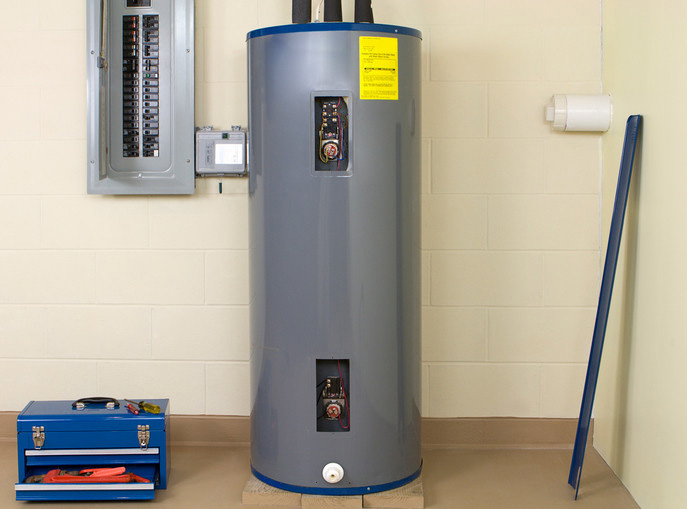A heat pump water heater is an innovative, energy-efficient way to heat water for your home or business. It works by using electricity to move heat from one place to another instead of generating it directly. This process can save you money on your energy bills compared to a traditional electric water heater. Heat pumps are also known for their quiet operation and minimal maintenance needs. Learn more about heat pump water heaters, how they work, and their benefits.
How Heat Pump Water Heaters Work
Heat pump water heaters are powered by an electric motor, which moves warm air from the surrounding environment into the tank. This process is known as “heat exchange” or “thermal transfer.” It’s possible to use a heat pump water heater with any fuel source, but some are better suited for certain setups than others. For example, a natural gas-powered heat pump water heater is best for areas that experience cold temperatures since it can draw its energy from outside air instead of relying on electricity.
Benefits of Heat Pump Water Heaters
The most significant benefit of using a heat pump water heater is the potential for energy savings. Because heat pumps move heat instead of generating it, they use much less electricity than traditional electric units. Heat pump water heaters also tend to be more reliable and require less maintenance than other types of water heaters. Additionally, they are typically quieter than standard models and come in both indoor and outdoor models.
Considerations When Shopping for a Heat Pump Water Heater
When selecting a heat pump water heater, there are several factors to consider: size, installation location, fuel source, water temperature requirements, and efficiency rating. The size should be based on the amount of hot water your household typically uses in a day and should be large enough that two or more people can use hot water simultaneously without running out too quickly. Installation location is also important because it needs to be well-ventilated and away from outdoor elements. Fuel source should match your current setup and may require a professional installation. Water temperature requirements vary depending on the model, as do efficiency ratings.
Potential Drawbacks of Heat Pump Water Heaters
Though there are several advantages to using a heat pump water heater, there are some drawbacks to consider as well. The biggest issue is cost: while they may save you money on your energy bills in the long-term, they can be expensive to install initially. Additionally, they don’t function as efficiently in cold climates and may require supplementary heating to function properly. Finally, they take up more space than traditional models and may require additional insulation in order to operate effectively.
Overall, heat pump water heaters offer an efficient way to heat water for your home or business. Though there are some potential drawbacks to consider, their energy-saving benefits could be well worth the initial expense.
The Inflation Reduction Act May Help You Save Money On Your Heat Pump Water Heater
The Inflation Reduction Act is a federal law that offers tax deductions for homeowners who purchase and install energy-efficient water heaters. Through the Inflation Reduction Act, support is available to install heat pump water heaters, which can be two to three times more energy efficient than conventional water heaters. The Inflation Reduction Act includes tax credits and rebates that can cover up to 100% of the costs, depending on household eligibility.
Bodenheimer Plumbing Services Can Help You Choose the Right Heat Pump Water Heater
If you’re interested in learning more about how a heat pump water heater could benefit you, contact Bodneheimer Plumbing Services. We can answer any questions you have and provide an estimate for installation costs. With the right system in place, you could save money on your energy bills while enjoying reliable hot water all year round!


